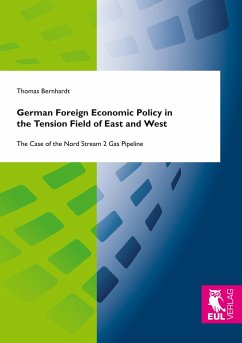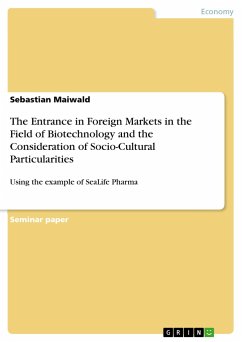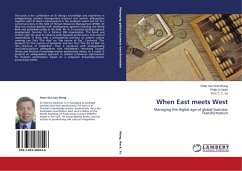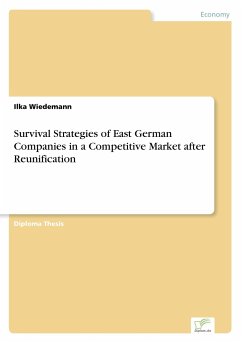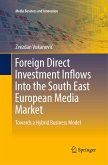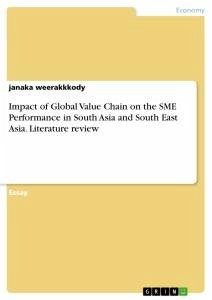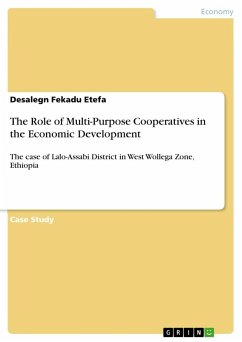Nord Stream ¿ a gas pipeline project situated in the Baltic Sea ¿ has repeatedly attracted attention in public and political arena in recent years. The pipeline brings Russian gas directly to Germany and avoids transit states. The project was initiated by Chancellor Schröder and President Putin as well as several German and Russian energy companies in 2005. Two tubes have been operational since 2011 (Nord Stream 1). Two further tubes (Nord Stream 2) are now added, for which planning started in 2015 and completion is scheduled for 2019. The economic rationale of the pipeline is to reduce transportation costs, create capacities and avoid dependencies on transit states. This project is under intense debate for economic, political and security matters, whereby European and US stakeholders are participating in the discussion. At a time when the post-World War II order has come to an end and alliances are being reshaped, Nord Stream 2 evokes a fundamental international relations question: Has the Nord Stream 2 gas pipeline project divided Germany from its traditional partners and allies in its Russia policy in the long term? This dissertation discusses and illustrates the considerable foreign policy impact of the Nord Stream 2 project on Germany¿s international relations in above context and offers possible policy routes forward.

